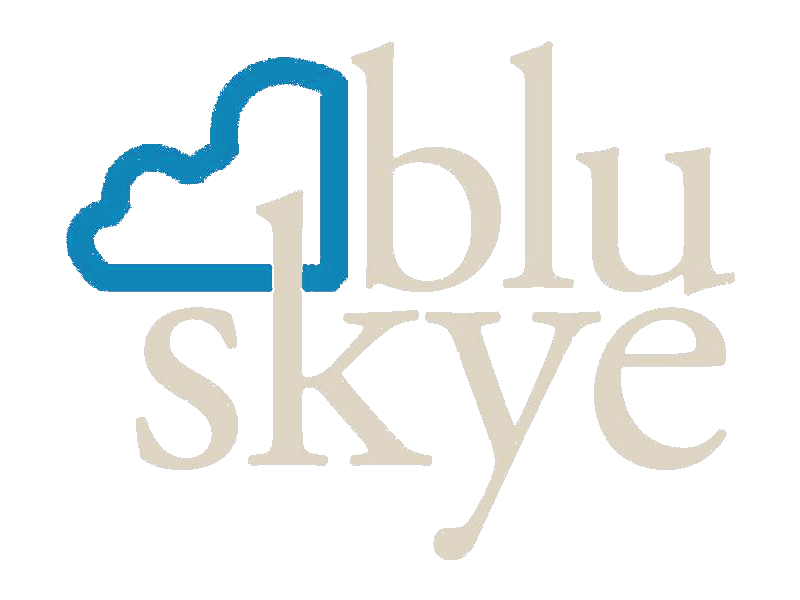
Rick Ridgeway is Patagonia’s Vice President of Public Engagement and represents and promotes the company’s core values with external stakeholders. In this role, he is one of Patagonia’s key spokespersons in all its global markets. During his 12-year tenure at the company he has worked with teams to develop and launch environmental and sustainability initiatives within the company, including Freedom to Roam, the Footprint Chronicles, the Responsible Economy Campaign and Worn Wear. He also was founding chairman of the Sustainable Apparel Coalition, today the largest apparel, footwear and home textile trade organization in the world.
In addition, Rick is recognized as one of the world’s foremost mountaineers. With three companions, he was the first American to summit K2, considered the hardest of the world’s high-altitude mountain to climb, and he has done other significant climbs and explorations on all continents including the first direct coast-to-coast traverse of Borneo and a traverse of the Tibet’s Chang Tang plateau on a route never explored. His magazine articles have appeared in National Geographic and Harvard Business Review, and he is the author of six books, including Seven Summits, The Shadow of Kilimanjaro and Below Another Sky. National Geographic honored him with its “Lifetime Achievement in Adventure” award. He serves on the boards of Conservacion Patagonica and the Turtle Conservancy, and is on the Advisory Boards of World Wildlife Fund, Unilever USA, and the Leonardo DiCaprio Foundation.
Rick lives with his wife Jennifer in Ojai, California, they have been married for 33 years, and they have three grown children.
About our 22nd Century Leadership podcast:
Our current social and economic systems were designed in and for a different time. Namely the 19th and 20th centuries. A time when there was a lot less people changing life on earth a lot slower and less systematically. Today, each day we add approximately 200,000 new humans to the 7+ billion people occupying our beautiful blue orb floating through space. Add to this the addition of tech innovations associated with machine learning, DNA manipulation, and flash stock trading, and we are living in the midst of a volatile cocktail that has manifest in unusual politics and a broad sense of dissatisfaction.
For the last 15 years we’ve worked with CEOs, corporations, non-profits, foundations, and even a city, on taking action to build long-term resilience and sustainability in light of these trends. Along the way, I’ve met a lot of interesting people engaged in what I’ve come to call the act of History Making. These are leaders who are actively transforming the way that human beings ‘see the world.’ Known examples are people like Steve Jobs, Albert Einstein and Desmond Tutu. In our case, we are going to focus this podcast on a subset of these History Makers. Namely, leaders who are actively working to help people appreciate the beauty, utility and fundamental necessity of a healthy environment to a thriving human economy and existence.
These 22nd century leaders are applying the best of human leadership capabilities to successfully helping their fellow humans through the what is sure to be a very turbulent transition from an economics built for 19th century realities to a society and economics built for 22nd century realities.
Rick on the cover of National Geographic, May 1979

